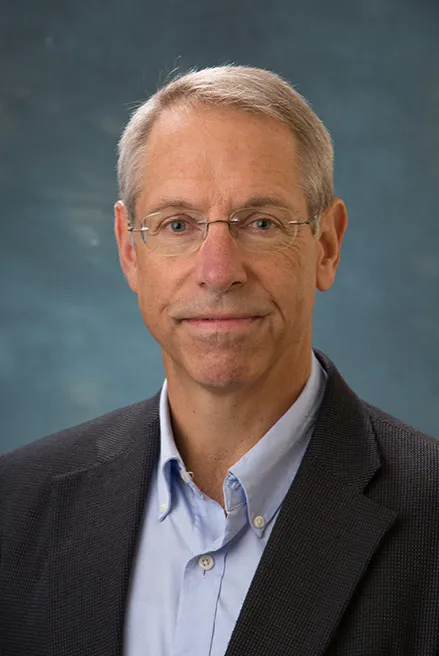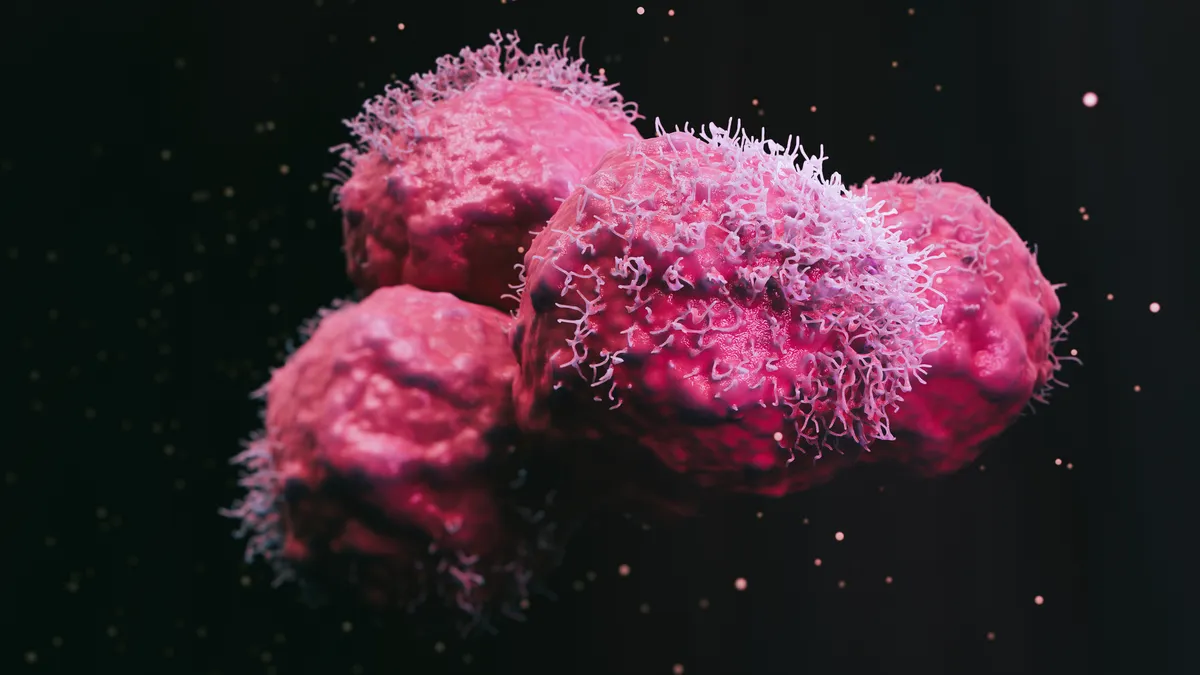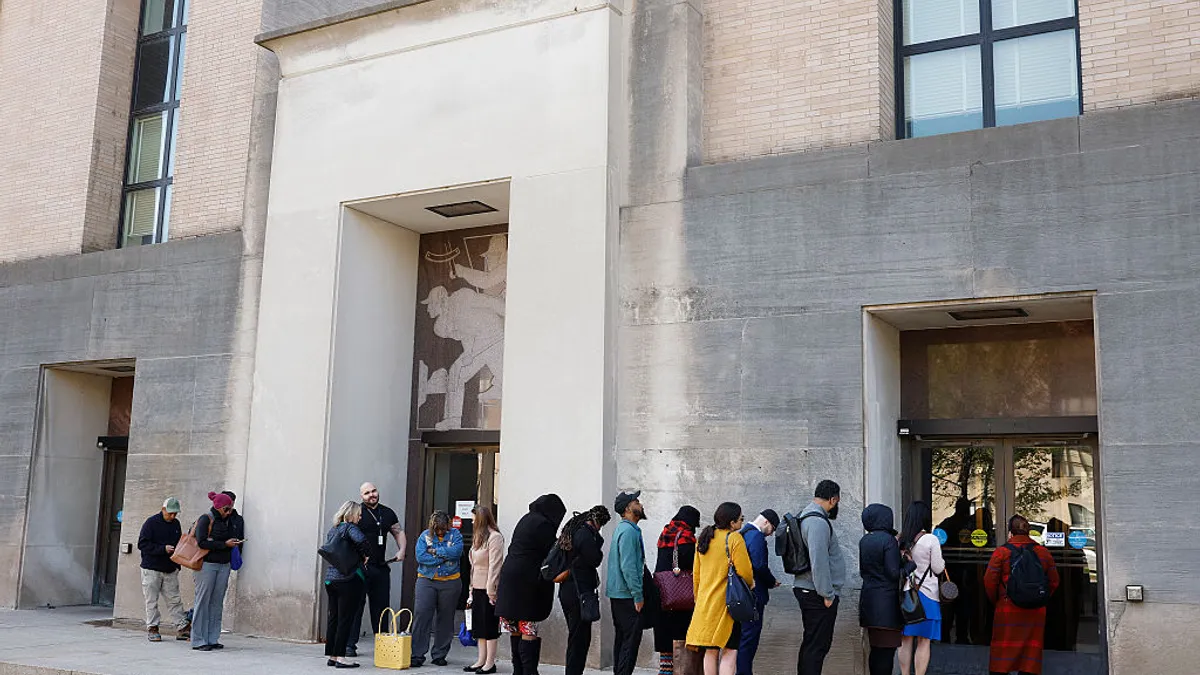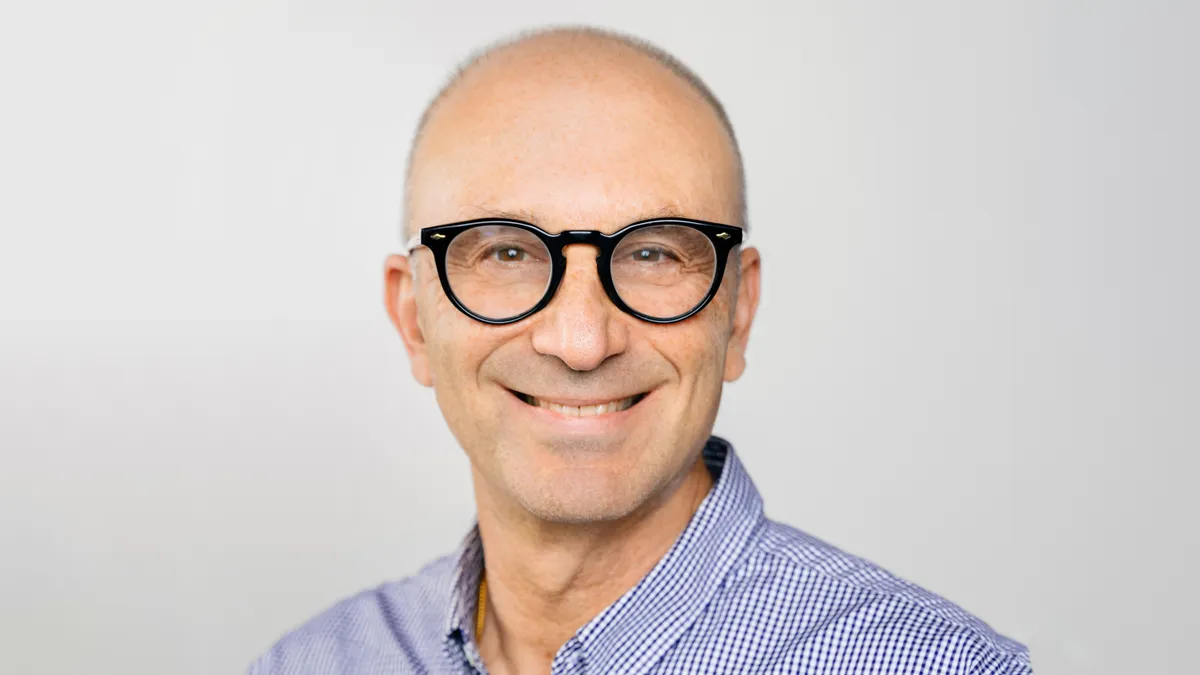From the early days of surgery and radiation treatment to the advent of systemic chemotherapy in the middle of the century, oncology research has come a long way.

“Targeted agents began to emerge in the early 2000s, which I think really opened up a kind of renaissance period in cancer treatment with respect to new targets and new pathways. Now we have the advent of immune oncology and cell-based therapies,” said Steve Davidsen, vice president of oncology discovery at AbbVie, which has invested some $50 billion in drug research since it spun off from Abbott in 2013.
With the introduction of these technologies, AbbVie and other companies in the oncology space are driving toward even loftier goals. It’s not sufficient to just keep pace with the latest trends, Davidsen said — companies must be bold and willing to take substantial risks.
“Particularly in oncology, if you’re not out on the edge, it’s better to go focus on something else,” Davidsen said.
Those seeking cancer cures also need to be in tune with the areas of need where gaps remain, he said.
“The benefit of these waves of innovation on cancer patients, I think, has been somewhat uneven,” he said.
While the fight against certain cancers such as melanoma and some forms of breast cancer have seen rapid advances — for others, like pancreas and brain cancers, progress has lagged. The limits of existing cancer treatments are personal and clear to Davidsen.
“I lost my father to prostate cancer and my mother passed away earlier this year from non-small cell lung cancer,” he said.
Now with a pipeline the company said includes more than 20 investigational drugs for more than 20 types of cancer that are being trialed in over 300 active studies, AbbVie has set its sights on filling those gaps. Its efforts with innovative approaches in oncology are already paying off.
“If you just take a look at our pipeline, (it) reflects the efforts that we have made in multiple areas,” Davidsen said. “For example, we have placed a bet in the area of apoptosis (a strategy that induces cancer cells to self-destruct) years ago.”
This led to the 2020 full approval of the company’s BCL2 inhibitor Venclexta, which is used to treat various blood cancers, such as acute myeloid leukemia.
“We're continuing now to improve our understanding of what heme sub-populations might be uniquely sensitive to BCL2 inhibition,” Davidsen said. “And that ties into that trend of personalized cancer treatment with respect to: How is it that we progress our agents and understand which patients are most appropriate, and which are not appropriate, for various drugs?”
"We intend to make a big impact on the lives of people with cancer and that’s the mission of the company."

Steve Davidsen
Vice president of oncology discovery, AbbVie
He predicts that the expectations for cancer treatments and the pressure to perform will only increase going forward.
“President Biden recently described his plans for a new American Moonshot, outlining the goal of eradicating cancer as we know it,” Davidson said. “And that's all very laudable, but it means that our compounds absolutely need to do something that is definitively superior than standard-of-care, meaning we need to continue to shoot high with our new drug discovery efforts, or else don’t bother.”
Here, Davidsen talks further about AbbVie’s goals for the future of oncology and where it fits into the company as a whole.
This interview has been edited for style and brevity.
PHARMAVOICE: Is there an area of cancer research that you think is uniquely promising?
STEVE DAVIDSEN: The whole trend in immune-oncology, certainly. The clinical data there speaks for itself. And I think we also have a strong pipeline of immunomodulatory agents, agents that are intended to, for example, reverse the suppressive tumor microenvironment and agents that try to, or are designed to, amplify T cell activity. And of course, the combination of those two, as well.
Where does AbbVie’s oncology strategy fit in with the industry overall?
I think we've made bets in certain areas, some of which are similar to other pharmas, (and) others are not. Again, we were more or less alone and in the lead with respect to the whole area of trying to tackle apoptosis, regulated cell death, years ago. And that's still a cornerstone of some of the mechanisms we're trying to pursue. We have also made investments in antibody-drug conjugates in two dimensions.
First, we've emphasized the discovery of novel tumor antigens, those proteins on the surface of tumor cells.
And secondly, we've tried to come up with new warheads, with mechanisms that extend beyond anti-mitotic agents (which aim to halt cell division), and that's also reflected in our pipeline. There are some companies that have bet on the antibody-drug conjugates area — others have gotten out of that field.
Where is the company’s oncology program heading in the future?
I'm really quite excited about our discovery efforts at AbbVie and I believe we are poised to make a remarkable impact on the lives of people with cancer. Some of the new areas we're pushing into are along the lines of trying to leverage our learnings in apoptosis and apply those to other forms of regulated cell death, which is an untapped area, we feel. Or, extending the bounds of cell-based therapies to the allogeneic setting or the in situ CAR setting. Another area would be digging deeper into the area of T cell exhaustion and the potential for synergy between those targets in T cell exhaustion and checkpoint inhibitors.
One key component of those new areas, however, is that we're trying to use advanced computational approaches and large genomic data sets, and focus specifically on genetics, clinical data, medical records, as we try to pursue these other areas. And just to exemplify that, one initiative we have is to interrogate the genomes of thousands of highly curated, clinically linked patient tumor samples, to understand the relationship between target expression and sensitivity to a given mechanism or to a given molecule.
How are advances in technology helping you with this process?
It's not just big data, per se, because that's just a volume — it’s the algorithms and the tools that we use to mine big data that actually give us new insights. And here's one example: using artificial intelligence algorithms for the de novo design of new cancer drugs. That is going directly from the structure of a protein or a target to the molecules using a computer. And then, using machine learning platforms that predict the drug-like properties of those lead molecules. Those are things that were not even imaginable when I started my career.
Is there anything that patients with cancer or their families would be interested to know about this field? What can they expect in the next 10 years or so?
I think there's one specific area that patients should anticipate. That is, with the maturation of omics technology, that's made personalized cancer therapy possible in multiple different settings, and that has also improved the probability of approval of our agents. For the patient that means you're going to have your tumor analyzed in all kinds of different ways before a treatment recommendation is made. Going forward, it'll be a more significant trend.
Where does the AbbVie oncology pipeline fit in with the company's strategy overall?
I think it's not only a priority based on the complementation that it has for our immunology efforts, for our neurology efforts, and so on. But also, it's still pointed at cancer patients first and foremost. We intend to make a big impact on the lives of people with cancer and that's the mission of the company.




















